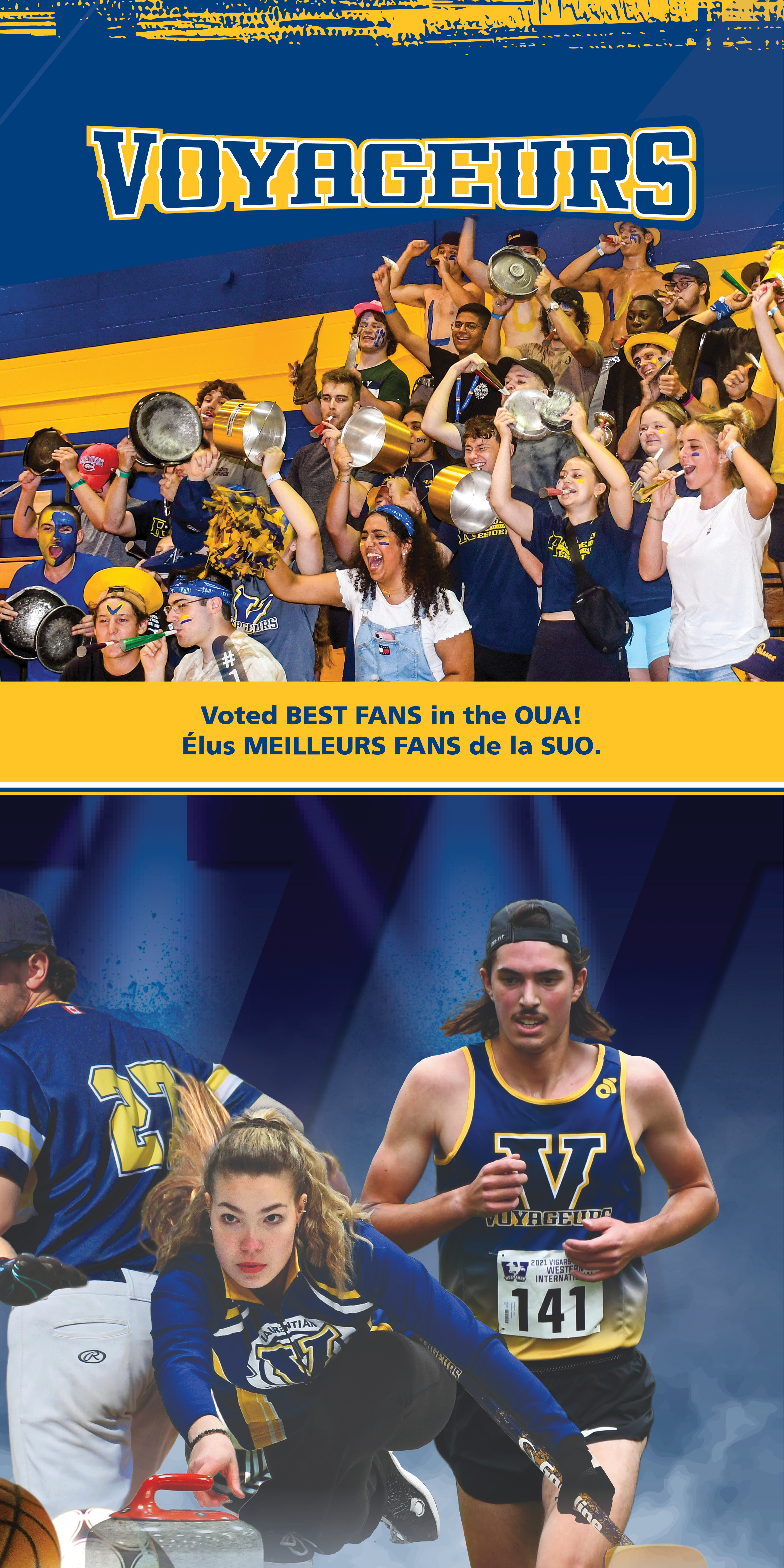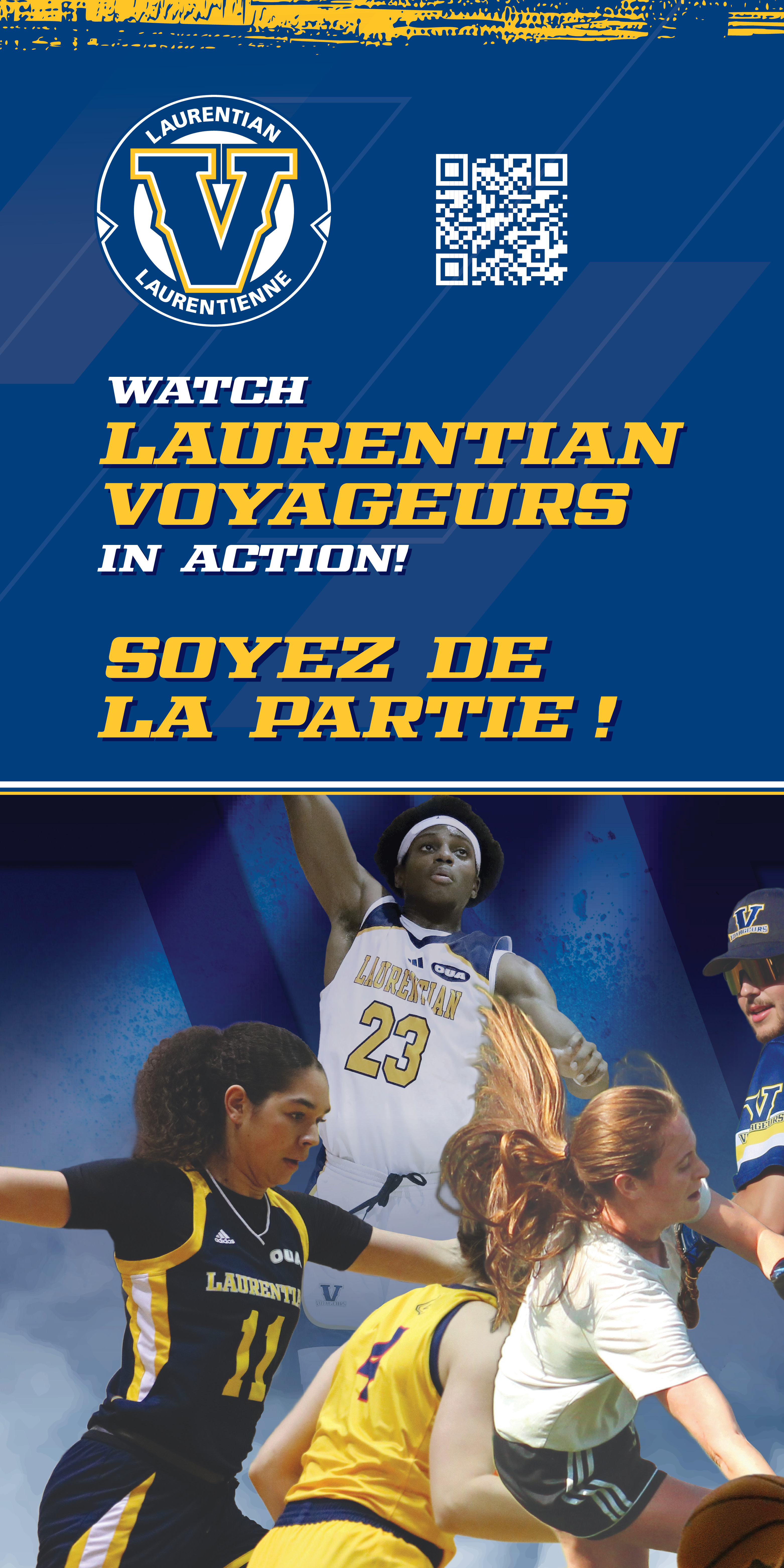
In the span of just four years, Julie Alleyn would go from fledgling heptathlete to Commonwealth Games Trials (1982). Still in her early twenties, the long-time resident of Ottawa was competing in her home town when disaster struck on the final lap of the 800 metre run.
Ripping the plantar fascia of her plant foot, Alleyn would see her time as a national caliber track athlete extinguished every bit as rapidly as it was ignited.
In the words that have become popularized ad nauseum during the current pandemic, it was time to pivot. “I just moved on to every other physical activity that I liked,” she said. “I had my athletic career in a different way.”
That has been the constant for the recently turned 61 year old adventure seeker who has flowed seamlessly from national caliber sport specific athlete to outdoor enthusiast completely immersed in the challenge that lies beyond the next trail or river.
To compartmentalize her life into just four athletically distinctive eras would be to over simplify what has been a fascinating six decades of existence - to date. And still, there are bookends that mark various transitions, with little to suggest the unknowns that next awaited her. It would be fair to say that as a youth, she never saw the heptathlon coming.
All she knew was that keeping active was not really a choice - and once she was active, success soon followed. “I was on every team, and then I would get an invite to play on a regional team,” she recalled. She had very little point of reference.
“I remember going to OFSSA, qualifying for a final and not realizing that maybe that was something out of the ordinary. I had all of these different ways of using my body and I would understand, intuitively, when somebody was trying to help me with another sport, that this was a similar lever, or this was the same way to position my body to break gravity.”
Directed towards the East Ottawa Lions (Track Club) and the Ottawa Athletic Club, Alleyn would soon find herself exposed to the spectrum that is the ultimate in track and field challenges, springboarding from a running base that featured both the 400m and 400m hurdles. “We had an old parachute hanging and we had a weighted ball at the club,” she stated.
“You did your run up and threw into a net. I had a very good coach, and from that, he could tell that I could throw.” Well, throw and run, jump and leap - seems that Julie Alleyn could do most anything she set her mind to. Language barriers and the lack of someone who would specifically oversee her development did not make reaching her full potential any easier.
Still, the results were impressive.
“I remember waiting for the year end rankings to see if I was in the top ten,” she said. She often was. “As a heptathlete, you would pull out your tables and see which events can give you the most bang for your buck.”
Thankfully, when that challenge was done, Alleyn had many others to turn to. Hiking, backpacking, whitewater paddling had all been part of the mix at various times.
Attending summer camps in her pre-teenage years, she would receive elite level paddling tutelage, somewhat unbeknownst to her. “I learned all of the strokes but didn’t really realize what I knew until later,” she said. “As I became a whitewater paddler, I took a course with Black Feather (“the wilderness adventure company”) and realized that I just needed to learn how to read water.”
The acumen she garnered for the water became the foundation of the next stage of her athletic excellence, one that would come to the forefront only following a move to Sudbury in the mid-nineties - and not before she had absorbed the lessons forged through her mistakes.
“I would make a few decisions on the water that weren’t very smart for my safety,” she said. “But you learn how to have a good catch, how to support yourself on the paddle, how to eddy in or out into current, to surf on current or brace on current. It teaches you how to handle your paddle and how to execute something very well with the least amount of strokes.”
“That’s what I took to flatwater paddling.”
Having crossed paths with Sudbury native and husband Lance Collins on a few different occasions, including when he served as her nordic ski instructor during his time as a university student in Ottawa, Alleyn relocated to the nickel city in 1994 “to decide if this was the right person for me” (turns out, apparently, is is).
The launch of the Sudbury Dragon Boat Festival signalled another athletic phase to come, with Alleyn introduced to Team Chiro just a few years after the inception of the squad. “At the time, they weren’t super competitive,” she said. “They still had a lot of chiropractors on the team, but attrition was opening up seats.”
As paddlers climbed aboard, and not just those who enjoyed that one fun-filled recreational outing in mid-July on the gem that is Ramsey Lake, the focus began to shift - which played nicely into the skill-set that was already well ingrained in the athletic make-up of the relative newcomer from Ottawa.
“If you want to go to competitions, I start to train - because I want results,” she stated, emphatically. Apparently, she wasn’t alone. In short order, Team Chiro had Alleyn attend a coaching workshop in Vancouver, paving the way to increased instructions.
"Gradually, things changed and eventually, we hired a coach from Montreal for a weekend. That opened the eyes of the whole team. We had learned a lot, but we needed to believe in ourselves a little more.”
By the time that Chiro had ascended to the ranks of some of the best club crew teams in the world, Alleyn had also risen another level, earning an invitation to tryout with coach Jim Farintosh and the national team.
The Canadian men were defending world champions, their lineup replete with former sprint paddling canoe Olympians. A mixed team, which included Alleyn and seven other women, may not have initially been the focus for the men doing double duty - but sweeping titles in the 200m, 500m and 1000m in Germany may have changed their mindset, just a touch.
Races in Australia, Malaysia and the Czech Republic ensued over the course of the next five to six years, with Alleyn also recruited to join the juggernaut that was the Mayfair Predators (club crew). By 2010, it was time to shift gears.
Don’t misinterpret that as slowing down.
Alleyn and Collins are avidly involved with the outrigger crafts, their OC6 vessel a noteworthy site on the lakes in town. As the pandemic took root last March, the local retirees were preparing to tackle the Pacific Crest Trail, a hiking adventure that runs from the border of Mexico to the outskirts of Vancouver.
“There is still a long list,” said Alleyn, when asked what the post-pandemic schedule might hold in store. Through hiking and remote wilderness trips are near the top of the list. European backpacking expeditions have not been ruled out.
The athletic career of Julie Alleyn must continue, one way or another, in many different ways.







